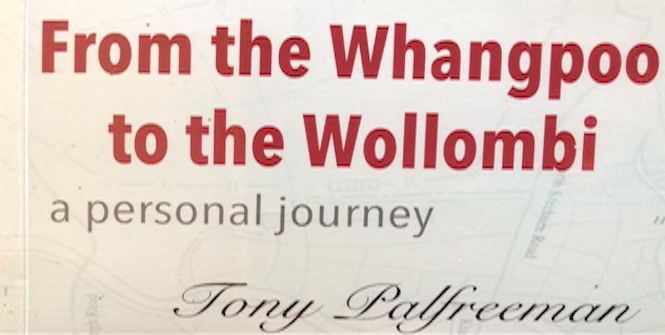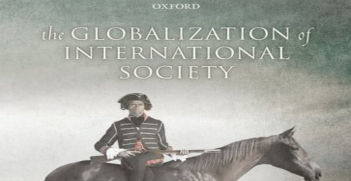Reading Room: From the Whangpoo to the Wollombi

This is a fascinating book by a pioneer of international relations scholarship in Australia. Tony Palfreeman founded the study of international relations at the University of New South Wales and taught the subject for almost 50 years at three Australian universities.
As the title of the book indicates, Tony Palfreeman began his life in China in the 1930s and after a stellar academic career , he now resides as a farmer in the historic NSW village of Wollombi. The book is partly a memoir and traces the author’s journey from his early life in China in the 1930s, his evacuation during the war years to South Africa through to his secondary education in England followed by tertiary education at the Graduate Institute of International Studies in Geneva and finally to the Australian National University for postgraduate studies.
The book subtitled ‘a personal journey’ and is a ‘poignant letter to the grandchildren’, seeking to provide ‘a compelling argument for hope, decency, peace’. Tony Palfreeman succeeds in achieving all these goals but the book provides more than this. It is divided in three parts. As an academic, I found the chapter ‘And Gladly Teche’, in the second section of the book, one of the most interesting. The quote is from Chaucer’s ‘Canterbury Tales’ and is the motto of Macquarie University where Tony Palfreeman spent the last decade of his teaching career. This chapter contains one of the best accounts I have read on the perennial issue of applying theory to practice, not only in international relations but to many other aspects of knowledge. Palfreeman advocates ‘evolutionary teaching’ which involves ‘asking the right questions’ so that ‘evolutionary learning’ can occur.
In the third section of the book, the chapter titled ‘Home Truths: Good Governance, Peaceful Change and Ozpol’ makes a compelling argument for the type of society Australia could become which would enable it to play a positive and effective role in the world. Palfreeman asks four questions about the strengths and weaknesses of our political system: How do we provide for participation by citizens in the polity? How well do we achieve a social contract between the people and the government, which remains the cornerstone of a properly functioning political system? Are we witnessing the ‘end of politics’ as we know it? Finally, do we have the quality of political leadership to create a fair and sustainable democracy? These are useful yardsticks by which to measure the performance of our current political leadership in Australia and the rest of the world.
I commend this book not only for those who have lived through many of the decades which Tony Palfreeman describes in such vivid detail but also to younger readers who may take heart from the positive view that is presented of a future which is attainable if people of goodwill can learn from the past and build a better tomorrow.
Tony Palfreeman, From the Whangpoo to the Wollombi, BookPOD, 2017
Russell Lansbury AO is an Emeritus Professor at the University of Sydney.
This article is published under a Creative Commons Licence and may be republished with attribution.





